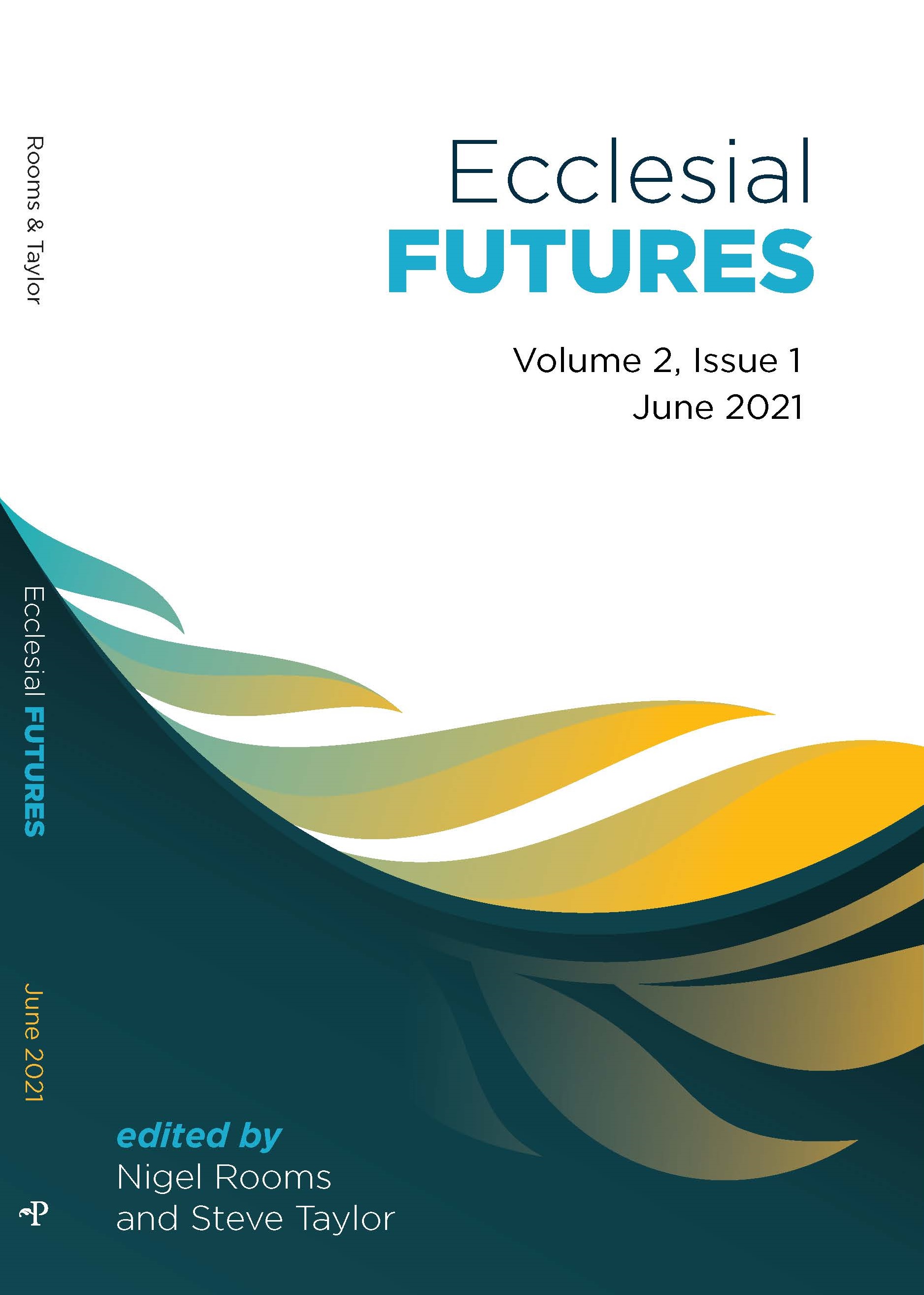A Reflection on Nominal Christians in Contemporary England
A Non-Diasporic Korean Missionary Perspective
DOI:
https://doi.org/10.54195/ef11887Abstract
This article attends to the religious landscape in contemporary England, particularly those who display some Christian beliefs and practices loosely, while their church attendance is slight, occasional or non-existent. In Western society and churches, they are predominantly characterised as “nominal Christians.” From a missiological perspective, I examine the adequacy of this characterisation, drawing upon my empirical findings of non-diasporic Korean missionaries’ engagement with the phenomenon of interest. Firstly, I show how nominalism is addressed in the two major sociological approaches that attempt to characterise the religious trend in the contemporary Western culture, namely, secularization theories and de-institutionalization theories. Secondly, I present empirical findings of Korean missionaries’ reflection on nominalism in the light of such a sociological debate. Finally, I examine the missiological implication of their reflection for nominalism in reference to the concept of missio Dei. I argue that Korean missionaries’ accounts disclose what I call “religious nominals” who have some valid elements of Christian faith in an increasingly deinstitutionalized ecclesial context. They represent a distinctive religious constituency among whom God carries out the redemptive work of Christ, the manner of which is as yet to be explored. This disclosure invites us to review our understanding of nominalism with a serious theological exploration of such a redemptive intervention of God. This exploration also invites further reflection on our current discourse of missional church in this particular theological context.










